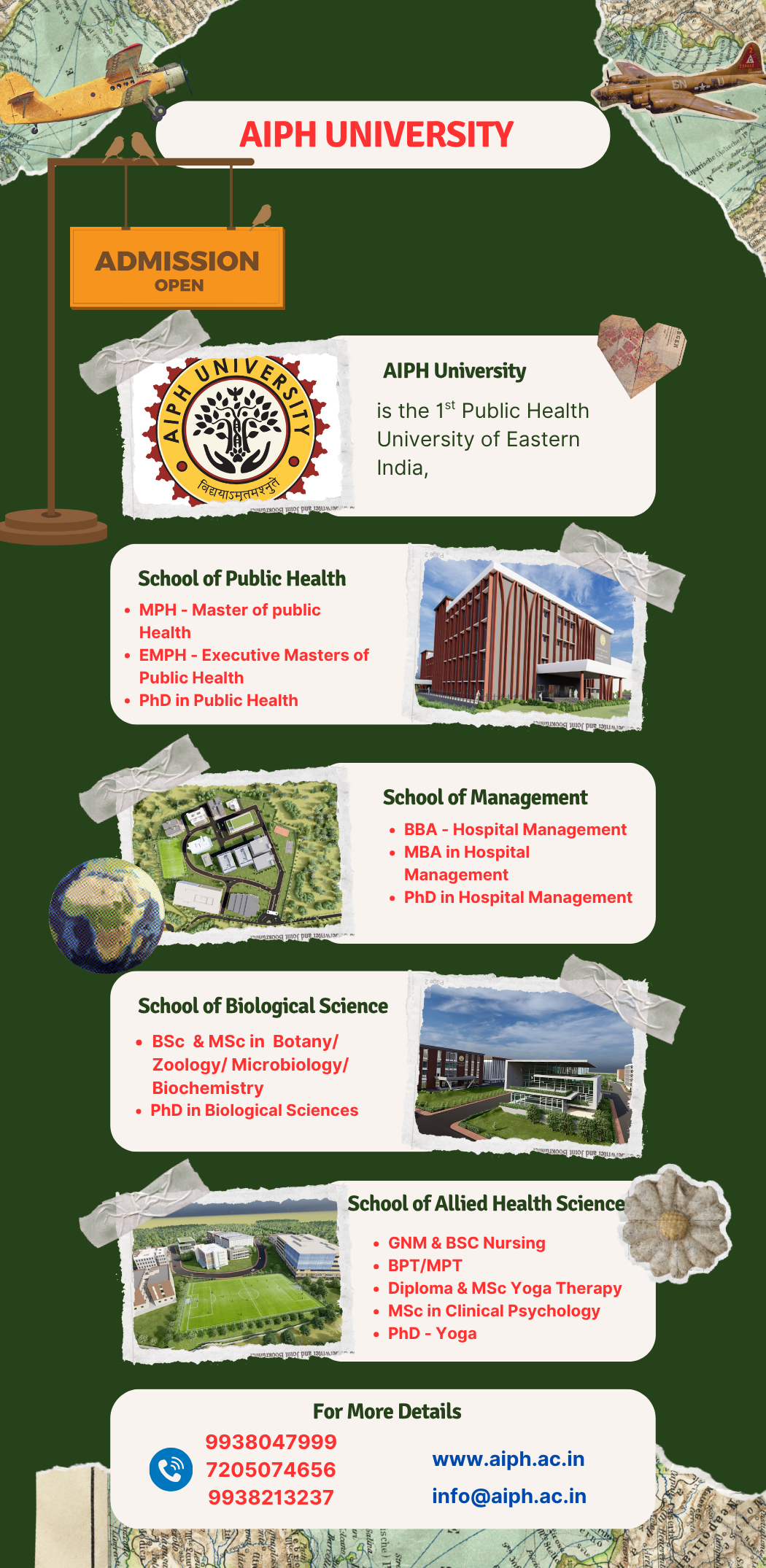Antibiotic resistance poses a significant global health threat, necessitating new antimicrobial drugs. Traditional drug discovery is often slow and expensive, but artificial intelligence (AI) is transforming this field. AI-driven methods are speeding up the discovery of new antibiotics, offering hope against drug-resistant infections.
AI algorithms, particularly those based on machine learning and deep learning, analyze vast datasets of chemical compounds and biological data. These algorithms can predict the efficacy of compounds against specific pathogens, significantly reducing the time and resources required for initial screening. For example, researchers at MIT used deep learning to identify a new class of antibiotic candidates effective against methicillin-resistant Staphylococcus aureus (MRSA).
The advantages of AI in drug discovery are numerous. AI can process and analyze large datasets much faster than traditional methods, allowing for rapid identification of promising drug candidates. Machine learning models predict the effectiveness of compounds with high accuracy, reducing false positives. This efficiency leads to cost savings by streamlining the drug discovery process and fosters innovation by uncovering novel compounds and mechanisms of action.
Challenges remain, such as ensuring the safety and efficacy of AI-predicted compounds through clinical trials and integrating AI into existing drug discovery pipelines.
However, the future of antimicrobial drug discovery looks promising with AI. Leveraging machine learning and big data, researchers can accelerate the development of new antibiotics, potentially saving countless lives in the battle against antibiotic-resistant bacteria.



